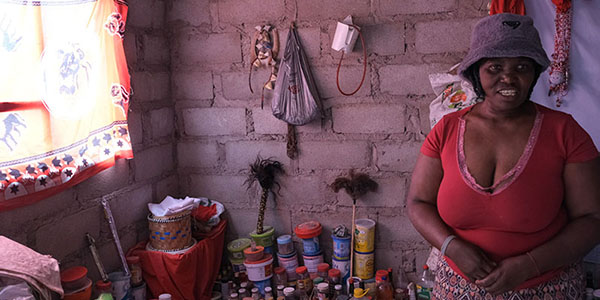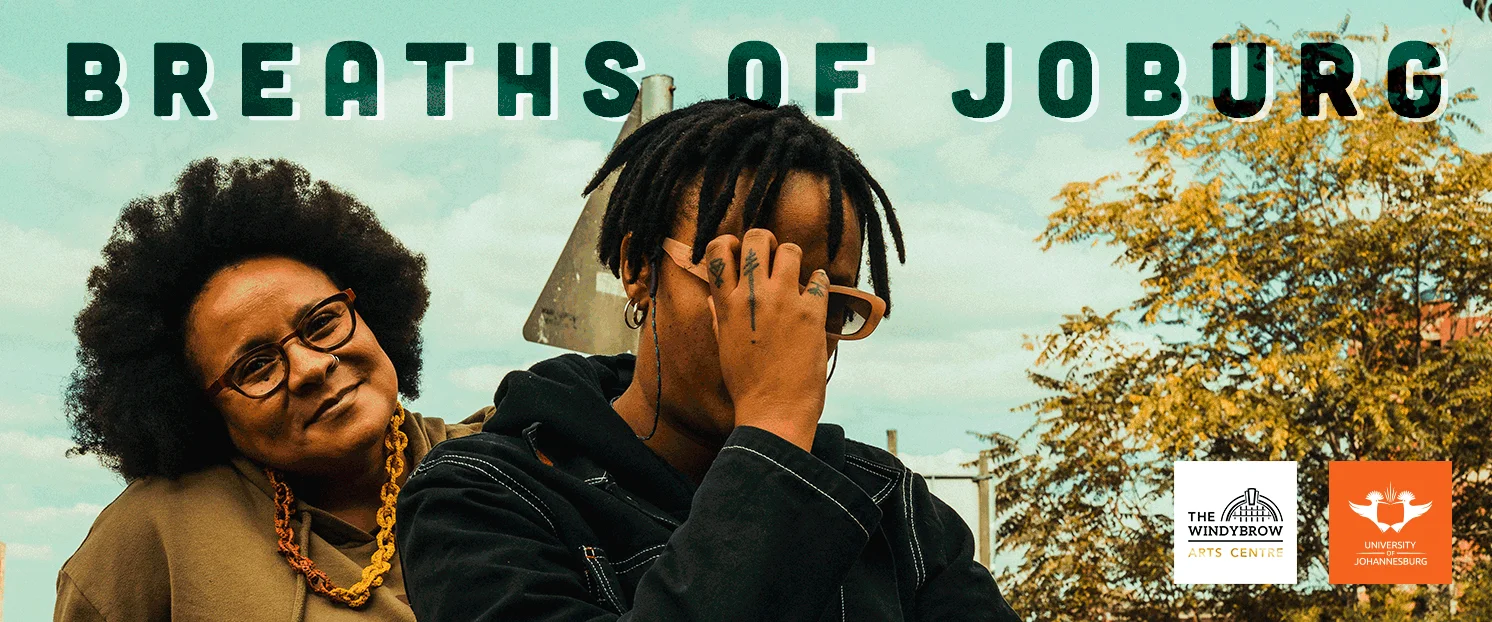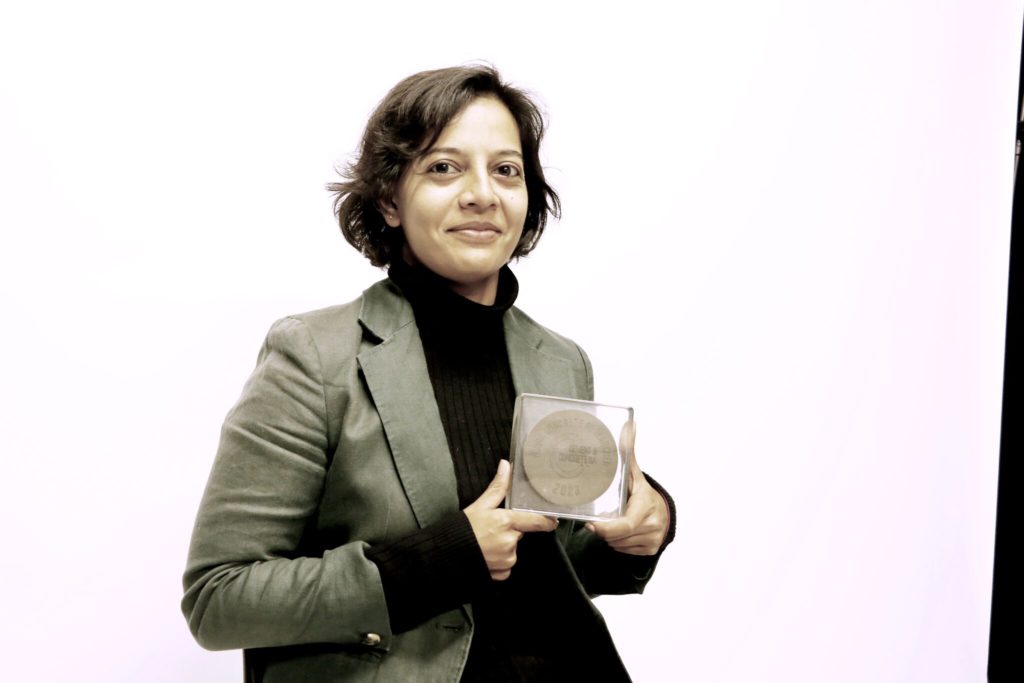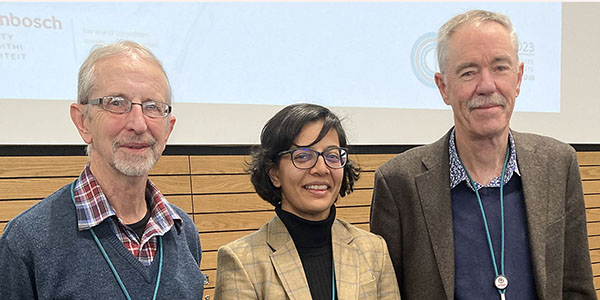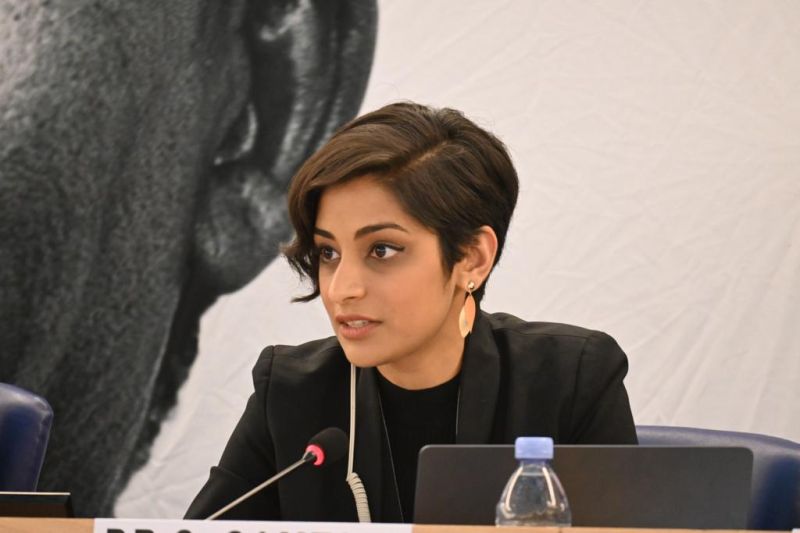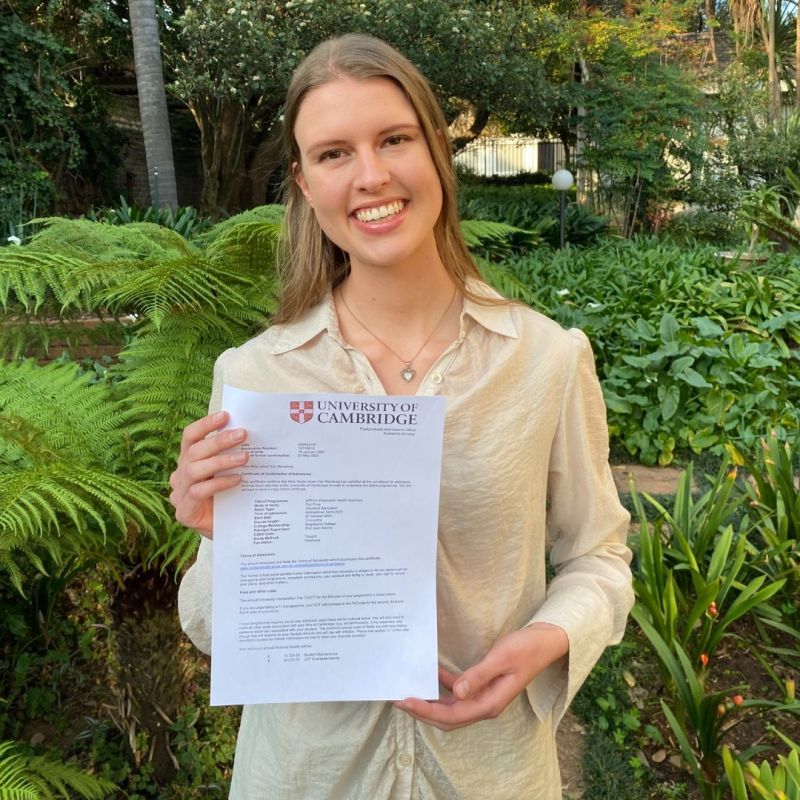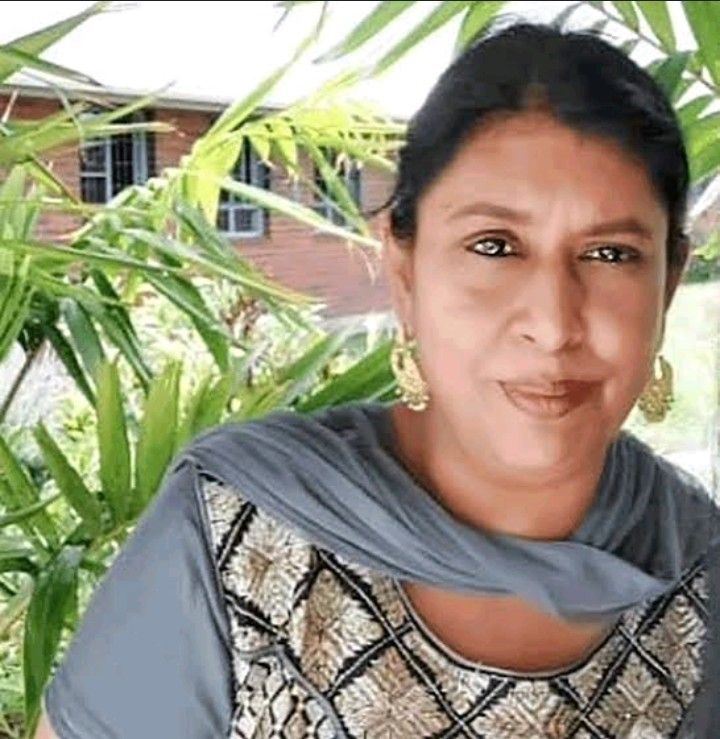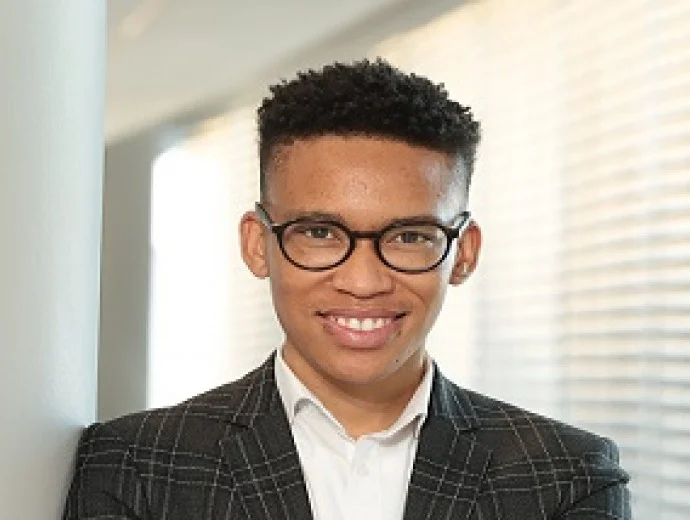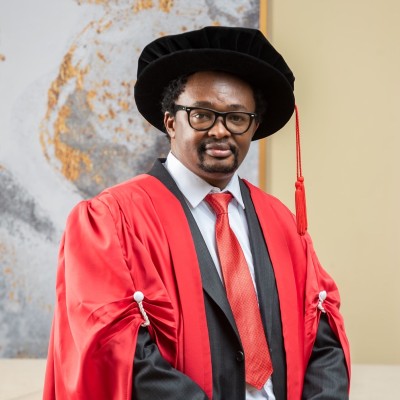Traditional healers in rural Mpumalanga help diagnose HIV
BY Nkosazana Ngwadla
An initiative of Wits University’s MRC/Wits Agincourt Research Unit, the Traditional Healers Project convened two ‘open houses’ at local primary healthcare facilities – Rolle Clinic and Thulamahashe Community Health Centre in rural Bushbuckridge, Mpumalanga – in March 2023.
An ‘open house’ is a community and stakeholder gathering hosted at a public health facility in partnership with the Department of Health.
The aim of these sessions is to build on the relationship that the MRC/Wits Agincourt Research Unit has established between local traditional healers, community members, and healthcare facility staff to support the end of HIV through regular HIV counselling and testing.
The sessions supplement research that began almost a decade ago, focusing on traditional healers’ role in healthcare access and delivery.
Specifically, this research aims to determine:
- whether traditional healers can conduct HIV counselling and testing (HCT)
- whether the patients of traditional healers are willing to undergo HCT that is administered by a traditional healer
- whether traditional healers and biomedical healthcare workers can work together to help link patients to HIV/AIDS diagnosis and care.
The open house sessions form part of this research and provide a platform where traditional healers and biomedical healthcare workers can come together and build mutual understanding and trust, with a view to linking those who test positive for HIV with healthcare providers who can then administer lifesaving antiretroviral treatment (ART) and care.
Dr Ryan Wagner, Senior Research Fellow at the MRC/Wits Agincourt Research Unit, leads the traditional healers programme known collectively as Ntirhisano (Shangaan for ‘working together’).
He emphasises the importance of the Ntirhisano team, traditional healers, community healthcare workers, and the Department of Health collaborating to strengthen the referral system.
“In order to expand coverage and increase uptake of HIV testing – and thereby contribute to ending new HIV cases – we need to embrace innovative approaches, such as traditional healer-initiated HIV counselling and testing,” says Wagner.
“We have recruited and trained 15 traditional healers in the Thulamahashe/Rolle area who, for the past six months, have been successfully testing their patients for HIV/AIDS. Those who tested positive have been referred to a local clinic or community healthcare worker.”
The Department of Health’s Primary Healthcare Supervisor, Sister Mariah Mkhari, says: “The Department of Health alone cannot do it, but with such collaborations between MRC/Wits and other stakeholders we will be able to conquer HIV. We welcome the initiative, and we hope Wits can expand to other areas in Bushbuckridge and train all traditional healers to test for HIV.”
Image and source: Wits

